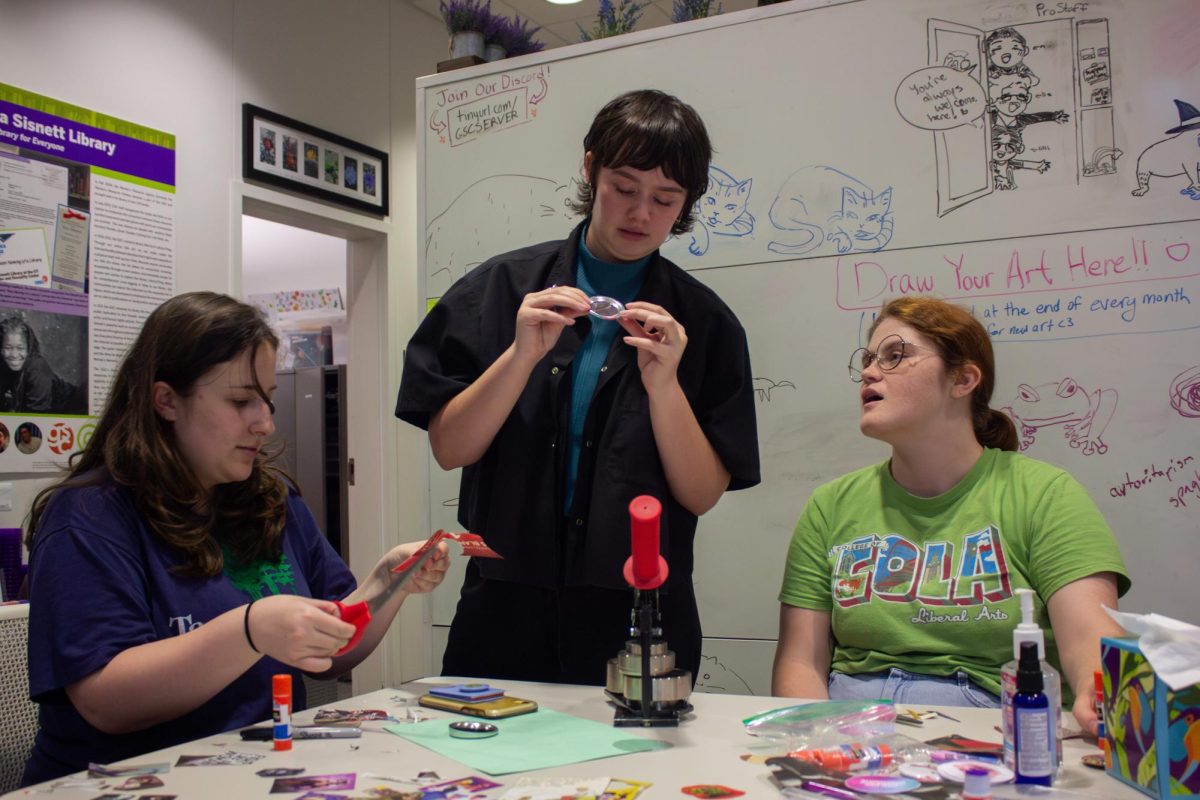As the leaves turn brown and the sun lowers earlier each day, for some students this signals the arrival of winter, the closing of the semester and a much deserved break. But for English sophomore Hailey Kriska, it also means the hardest days for her mental health are right around the corner.
“Everyone at the end of the semester will get in a slump or hit a low point,” Kriska said. “For me, it always feels far more catastrophic than that.”
Kriska, who has been diagnosed with depression, said her symptoms often worsen in the winter months. Though she hasn’t been diagnosed with Seasonal Affective Disorder, a condition that causes changes in mood and behavior or depression-like symptoms in the fall and winter, she believes she may suffer from a milder form of the disorder, the “Winter Blues.” Although the disorder is most prevalent at higher latitudes, according to Mental Health America of Texas, it affects half a million people in the country every winter.
Dr. Marla Craig, associate director for clinical services at UT’s Counseling and Mental Health Center, said other factors, such as family life and the stresses of finals or living up to personal expectations as the semester draws to a close, can trigger symptoms of anxiety or depression.
“Sometimes it depends on what students are going home to, or if they even have a home,” Dr. Craig said.
Kriska said her most difficult days tend to happen when there’s a combination of bad weather and extreme stress, when even her usual remedy for poor mental health — naps — don’t provide their usual comfort.
“(It’s) a combination of coldest, busiest day, when I can’t catch a break,” Kriska said. “It just feels like a big downward spiral, and the cold doesn’t help because it makes you feel very unmotivated and physically sick sometimes.”
Dr. Craig said they do see an increase in calls, specifically for crisis situations, toward the end of the semester. She said possible factors in this trend include the level of support students receive from their families or when they’re stressed out by their classes.
Jane, a political communication sophomore whose name has been changed for privacy, said she was diagnosed with depression when she was 12, around the time her mother died. However, she said her psychiatrist noticed her symptoms tended to present themselves in the winter months and diagnosed her with Seasonal Affective Disorder.
“When the spring comes around, I don’t need (my medication),” Jane said. “When the fall comes around, I get really sad, I feel more lonely even though I have friends around (and) it is really hard to study because I lack motivation.”
Kriska said some solutions she has worked with to treat her symptoms include journaling and taking time to relax and read. She said it is a good idea to set a time apart for feeling anxious or sad, but when the timer goes off to not let those feelings continue to take control.
“I would definitely say reach out to anyone you feel you can trust or that you are comfortable sharing that personal information,” Kriska said.
Jane said her symptoms of Seasonal Affective Disorder are sometimes triggered by traumatic memories. Regardless of the trigger, she says it is important for anyone experiencing depression-like symptoms as winter break nears to reach out for professional help and remind themselves the symptoms from SAD only last for a limited amount of time.
“Just try to tough through it, and keep in mind that things get better at another time of the year,” Jane said. “It is like clockwork — you have to get through a few seasons.”




















